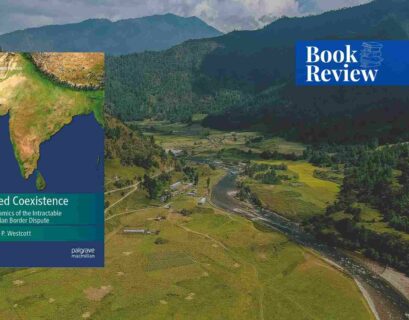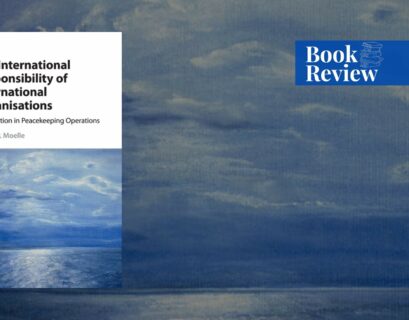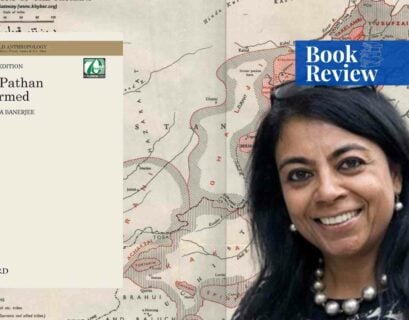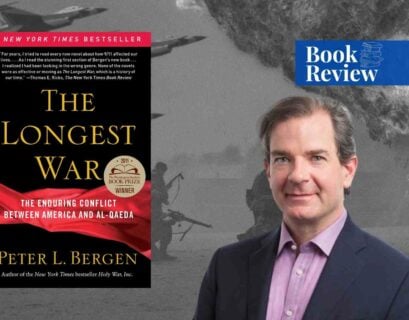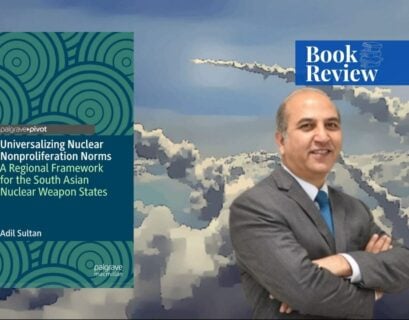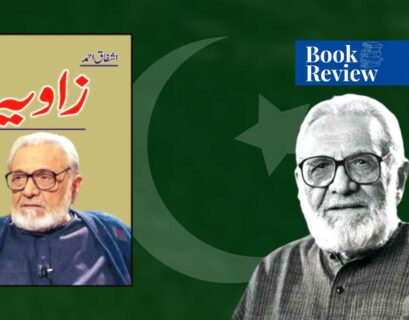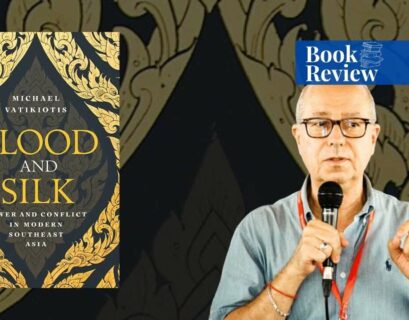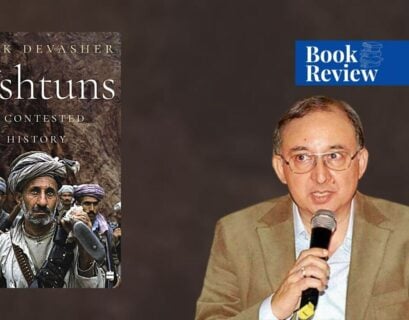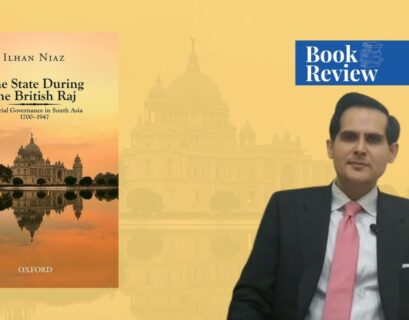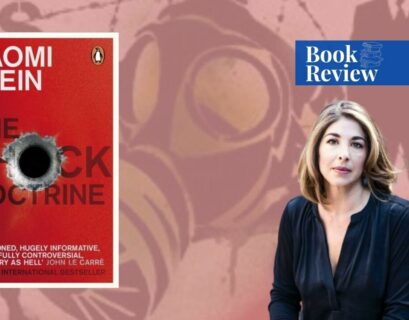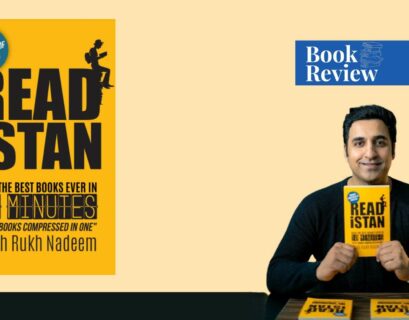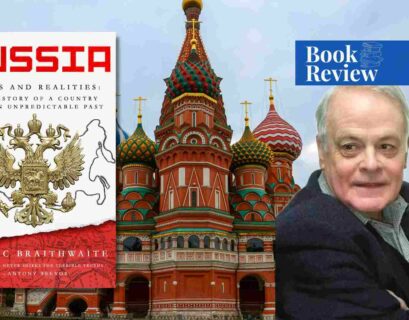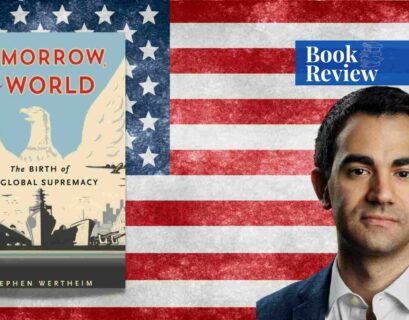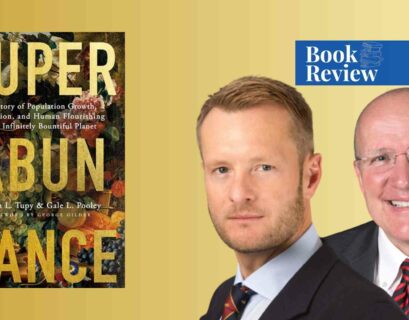Armed Coexistence: The Dynamics of Intractable Sino-Indian Border Dispute
By applying neoclassical realism to the China-India border conflict, Stephen P. Westcott sets out on a path to provide a clear understanding of the issue. In his book “Armed Coexistence: The Dynamics of Intractable Sino-Indian Border Dispute,” he analyzes the two neighboring states’ approach to conflict resolution.
Rather than escalating tensions or seeking a compromise, both China and India tenaciously cling to the status quo. Their persistence to uphold the status quo has ensured that the Sino-Indian conflict remains unresolved, despite periodic border clashes and numerous rounds of negotiations.
The International Responsibility of International Organisations
Moritz P. Moelle ponders the decades-old question of whether or not collective responsibility and accountability should exist in the peacekeeping missions of international organizations. His book, “The International Responsibility of International Organisations,” addresses the intricacies involved in the conduct of international organizations through a comprehensive analysis of both the UN Charter and the International Law Commission’s Articles on Responsibility of International Organizations (ARIO). The book further encompasses Moelle’s idea of normative control to foster joint responsibility of international and regional organizations.
A History of Modern South Asia: Politics, States, Diasporas
Ian Talbot’s “A History of Modern South Asia: Politics, States, Diasporas” provides a thorough analysis of the political, social, and cultural changes that have occurred in South Asia from the colonial period to the present.
Through his extensive study and analysis of the region, Talbot highlights nationalism, border disputes, sectarian and ethnic violence, and economic development.
The Pathan Unarmed
Mukulika Banerjee’s “The Pathan Unarmed” is an enlightening book that dives into the captivating history of Pashtuns’ nonviolent resistance.
It gives an in-depth history of the Khudai Khidmatgaar movement, which was started and steered by Abdul Ghaffar Khan, commonly known as Bacha Khan.
His non-violent movement became a sincere instrument for the transformation of Pathans from a group with polemic and defiant nature to a non-violent one.
The Longest War: The Enduring Conflict Between America and Al Qaeda
Peter Bergen’s “The Longest War: The Enduring Conflict Between America and Al Qaeda” is a look into the conflict between Al Qaeda and the United States.
It details the comprehensive history of the war from both sides as well as the strategies explored by the US government.
Maritime Disputes and International Law: Disputed Waters and Seabed Resources in Asia and Europe
Constantinos Yiallourides’ Maritime Disputes and International Law: Disputed Waters and Seabed Resources in Asia and Europe provides an extensive analysis of maritime conflicts.
Using international law, he recommends achieving joint development agreements.
It examines the legal principles behind maritime disputes and provides a framework for cooperation in order to use disputed resources for mutual benefit.
Universalizing Nuclear Nonproliferation Norms: A Regional Framework for the South Asian Nuclear Weapon States
In “Universalizing Nuclear Nonproliferation Norms: A Regional Framework for the South Asian Nuclear Weapon States”, Dr. Adil Sultan carefully considers the Treaty on the Non-Proliferation of Nuclear Weapons (or simply, the NPT).
He examines the nuclear dynamics of South Asia in light of Pakistan and India’s approach toward disarmament and nonproliferation.
Zaviya by Ashfaq Ahmed
In today’s fast-paced world, it’s easy to get caught up in the chaos of everyday life and forget the importance of introspection and self-discovery. However, Ashfaq Ahmed’s “Zaviya” offers a treasure trove of insights and life lessons that have the power to transform one’s perspective.
Through the pages of “Zaviya”, Adil Abbasi, the reviewer, has learned valuable lessons about the importance of humility, the power of sharing, and the dangers of our ego. These are lessons that have made a profound impact on his life, helping him to grow as an individual and to see the world with a more compassionate and enlightened view.
Blood and Silk: Power and Conflict in Modern Southeast Asia
In “Blood and Silk: Power and Conflict in Modern Southeast Asia”, Michael R. J. Vatikiotis focuses on the violent conflicts that have plagued Southeast Asia ever since it gained independence from colonial empires.
Internal conflicts, political polarization, corruption, and economic disparity have halted the region’s progress. In fact, in 2015, Cambodia ranked 150 out of 168 on the corruption index, Thailand sat at 76, Vietnam at 112, and Indonesia at 88.
The Pashtuns: A Contested History
“The Pashtuns: A Contested History” is an account of the Pashtun ethnic group, their journey through history, their struggle with foreign invaders, and internal conflicts.
Tilak Devasher highlights Pakistan’s role in the rise of the Taliban and in their endurance, especially during the American invasion in the post-9/11 era.
The State During the British Raj: Imperial Governance in South Asia 1700-1947
Ilhan Niaz’s ‘The State During the British Raj: Imperial Governance in South Asia 1700-1947,’ takes upon itself to decipher the gradual evolution of institutionalism during the British Raj.
The author also tries to divulge the pattern of impersonalized governance, constitutionalism, civilian supremacy, meritocracy, and bureaucratic administration in the Indian subcontinent.
The Shock Doctrine: The Rise of Disaster Capitalism
In “The Shock Doctrine: The Rise of Disaster Capitalism”, Naomi Klein exposes the idea that neoliberal economic policies and unpopular free-market decisions (such as deregulation, privatization, and cuts in social spending) are implemented only at the time of crises or a ‘shock’.
These shocks appear in the form of coups, terrorist attacks, economic meltdowns, wars, or natural disasters (i.e. tsunamis, hurricanes, and floods).
A shock deliberately creates large, clean canvases for the economic technocrats to make policies and legislations which will inevitably transfer wealth and power (i.e. disaster privatization generating new markets) from the people (majority) to large corporations, global corporate elite, and corrupt governments (minority).
Readistan by Shahrukh Nadeem
Shahrukh Nadeem’s Readistan covers 50 of the best books such as the Art of War, the Prince, and the Seven Habits of Highly Effective People, among others.
This review will briefly discuss the 10 books that the reviewer appreciated the most in Readistan.
Russia: Myths and Realities
“Russia: Myths and Realities” was written and published by Rodric Braithwaite in 2022. Braithwaite has formerly served as Britain’s ambassador to Russia, giving his book the authenticity it needed.
The author has attempted to shine a light on the cold hard facts of Russian history while unraveling the myths—whether those created by the Russians themselves for glorification or by the West as an attempt to villainize them.
Tomorrow, the World: The Birth of U.S. Global Supremacy
“Tomorrow, the World: The Birth of U.S. Global Supremacy” is an ambitious and comprehensive history of the United States’ ascension to global pre-eminence in the twentieth century.
Through a deep dive into both the geopolitical and ideological components of American foreign policy, Stephen Wertheim provides a riveting narrative of how the United States emerged as the most influential superpower in the world.
Superabundance by Marian Tupy & Gale Pooley
It is largely maintained that population growth makes for scarcer resources. Marian Tupy and Gale Pooley’s book, Superabundance: The Story of Population Growth, Innovation, and Human Flourishing on an Infinitely Bountiful Planet, convinces you otherwise.
Superabundance is an absolutely detailed book with data spanning two centuries. Its fundamental premise? Resources become much more abundant as the population grows.
